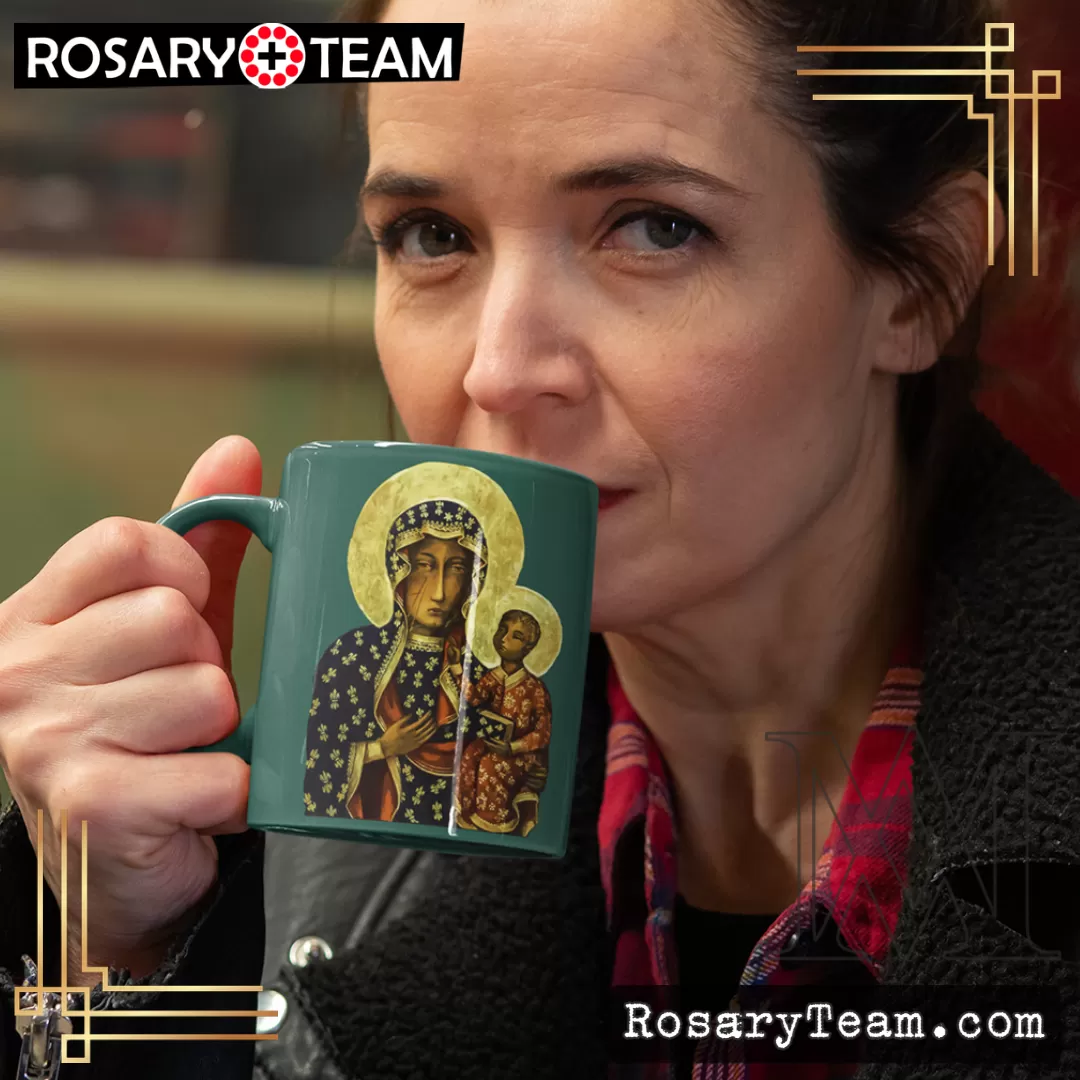Monday, September 26 : Saint John Cassian

These men, who were great in faith, took no credit for themselves for being able to perform such marvels because they acknowledged that they accomplished them not by their own virtuousness but by the Lord’s mercy, and with the words of the apostles they rejected the human glory that arose from admiration for their miracles: ‘Men and brothers, why do you marvel at this or why do you look at us as if we had made this man walk by our own power or holiness?’ They considered that a person should not be praised for marvels that belong to God. (…) For there are many people, as has already been said before, who are corrupt in mind and reprobate in faith but who cast out demons and work mighty deeds in the name of the Lord. It is true that when the apostles were talking about them and saying: “Teacher, we saw someone casting out demons in your name and we forbade him because he does not follow us,” Christ replied to them at the time: “Do not forbid him, for the one who is not against you is for you.” Nevertheless, to those who will say at the end of time: “Lord, Lord, did we not prophesy in your name, and cast out demons in your name, and do many mighty deeds in your name?” He affirms that he will reply: “I never knew you. Depart from me, you workers of wickedness” (Mt 7:22). Finally, when the very Author of all signs and mighty deeds was proposing his teaching to his disciples, he showed clearly what his true and most intimate followers should learn from him in particular: “Come,” he said, “and learn from me” — not, to be sure, how to cast out demons with heavenly power, nor how to cleanse lepers, nor how to enlighten the blind, nor how to raise the dead. … But you, he says, “learn from me for I am meek and humble of heart” (Mt 11:28-29).
Roman Catholic Ordinary Calendar – rosary,team















